Founded in 2018 to urgently protect the world’s single greatest fossil record of first animal life, the Foundation achieves its purpose through in situ conservation, and supporting education and tourism, making the fossils and their significance accessible for all.
THE FOUNDATION
The Foundation is dedicated to protecting and conserving these fossils, and ensuring they are well managed for current and future generations to experience and learn from them.
We also want to ensure the fossils continue to be the subject of critical palaeontological research, ensuring South Australia is at the forefront of science.
Our fossil record is not only unique in having so many species, and such an extraordinary record of the ecology of the marine environment from this distant past; it provides unparalleled insight into how animal life evolved in a changing environment on Earth. Recognising the site’s historical significance, NASA has supported research in the Flinders Ranges for many years.
The Foundation continues to work closely with land managers, researchers, institutions, and the traditional owners and broader community of the Flinders Ranges, to ensure our Ediacaran legacy is a source of pride and opportunity.
Ensuring the fossils are accessible, well managed and inspiring the next generation of future scientists is an important part of our goal. The fossils also have an artistic legacy – they are a thing of rare beauty and have inspired internationally renowned musicians and artists such as Elena Kats-Chernin, Cathy Milliken, Gabriella Smart and Constantine Koukias.
The Nilpena site, which has been so well managed by Ross and Jane Fargher, will now be protected as a national park, and its future is secured thanks to the support of and ongoing partnership with the South Australian Government. But this achievement is only the beginning. We hope you will be inspired to contribute to the creation of a new legacy for the Flinders Ranges, our state, and our planet.
South Australian Museum and Volunteer Assistance
The Foundation wishes to acknowledge the South Australian Museum and the many volunteers past and present who have worked or are working with Dr Jim Gehling AO, Professor Mary Droser and Associate Professor Diego Garcia-Bellido. Such assistance is invaluable and greatly appreciated.
To ensure the Foundation proceeds wisely and with a worldwide perspective our Board includes international experts in palaeontology, strategic marketing, social media, business innovation, finance and law.
The Flinders Ranges Ediacara Foundation Impact Council provides global perspective, connection to relevant communities, and the wisdom of extraordinary experience.
Institutional Mission & Purpose
The Flinders Ranges Ediacara Foundation exists to conserve the Ediacara fossils of the Flinders Ranges in perpetuity, and to ensure the world benefits from the knowledge they embody.
Vision & Commitments
The Nilpena site will be supported by a secure and sustainable plan.
Learnings from Nilpena will be available to interested people anywhere in the world. The site is the most important Ediacara fossil site in the world.
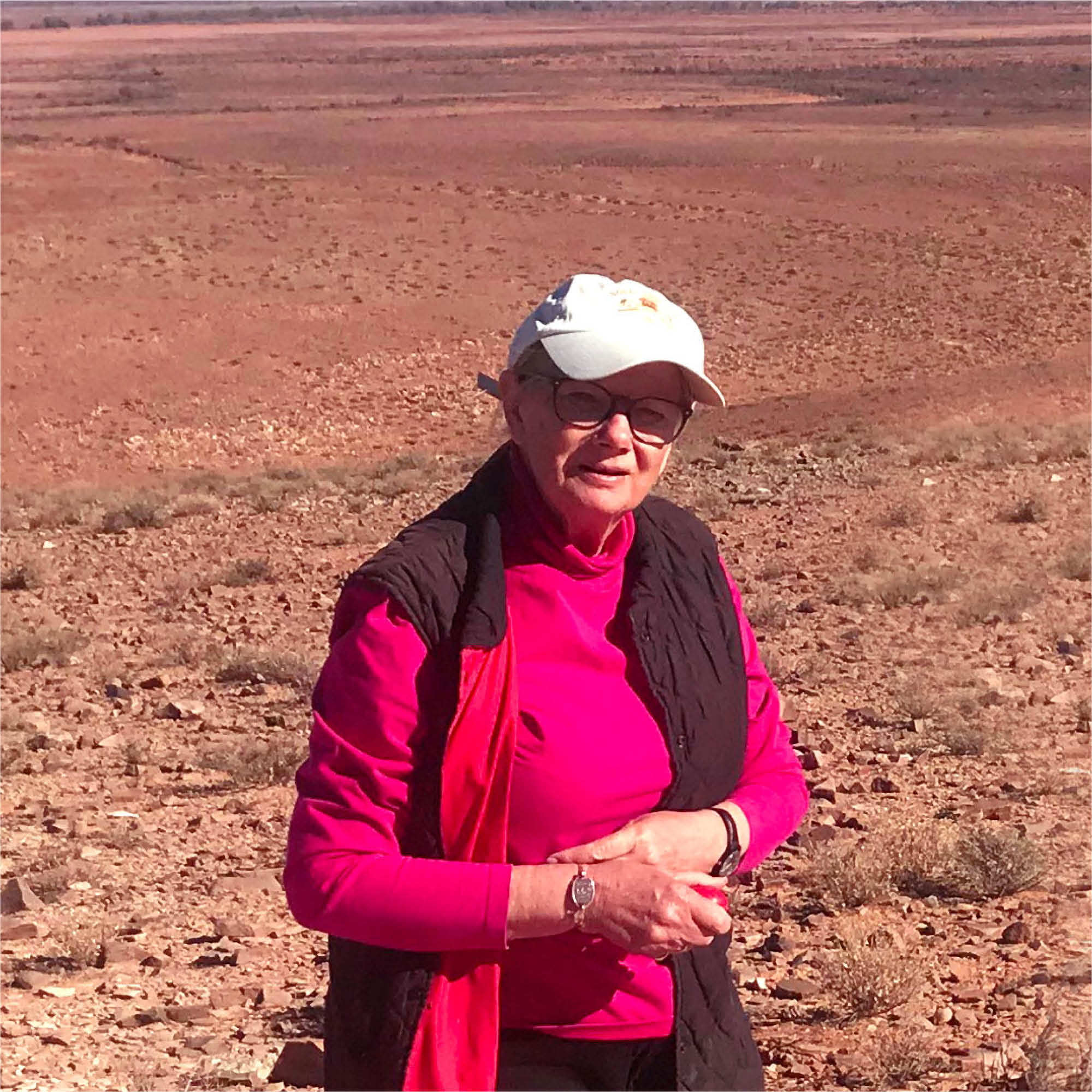
THE FOUNDATION
FROM THE CHAIR:
MARY LOU SIMPSON OAM
The Foundation’s goal is to make a practical contribution to an extraordinary part of South Australia’s heritage; the world-renowned Ediacara fossils.
The Foundation was founded in 2018 as a non-profit organisation, with the purpose to urgently protect the world’s single greatest fossil record of first animal life.
We achieve our purpose through in-situ conservation and by supporting education and tourism, ensuring the fossils and their significance remain accessible for all. We are working with government and a range of partners to create a long-term asset for the Flinders Ranges, and to support the protection of this fossil heritage in perpetuity.
To ensure we proceed wisely and with a worldwide perspective, we have appointed a board which includes international experts in palaeontology, strategic marketing, media, business innovation, finance and law.
The Foundation is embarking on an ambitious preservation and interpretation program at Nilpena as the first stage in achieving its goals. We hope that you will be inspired to contribute to creating a new legacy for Australia.
THE FOUNDATION
The Foundation Board
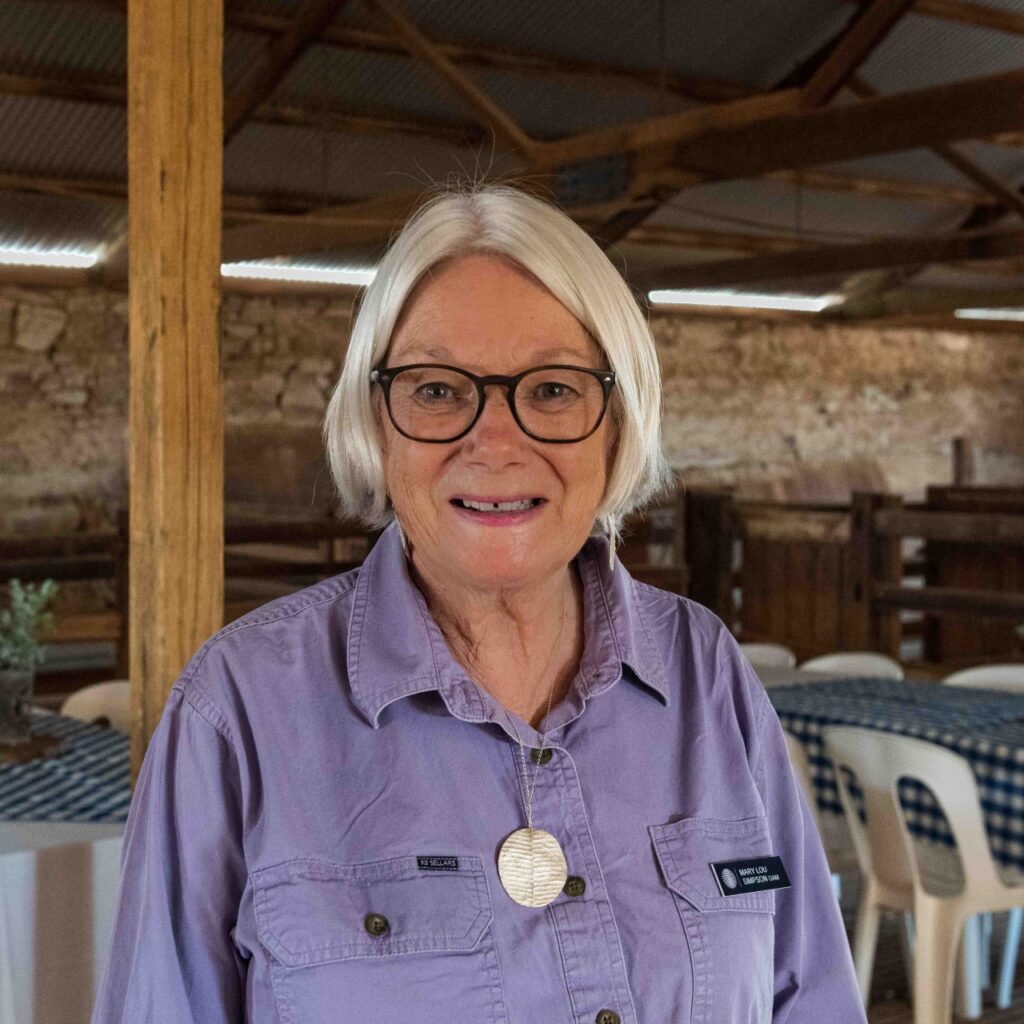
Mary Lou has been a principal fundraiser for the purchase of the fossil beds, which are now owned by the State Government. The land on which they rest is soon to become a National Park. She takes great pride in being responsible for raising funds to refurbish the South Australian Museum’s Ediacara Gallery.
An Honour’s graduate of the University of Adelaide (History), Mary Lou was a secondary teacher, public examiner and curriculum writer. She is a volunteer teacher at the South Australian Museum where she was a contract employee in Anthropology. Mary Lou is committed to ensuring the Ediacara story reaches as many people as possible, and particularly school children.
For 19 years, Mary Lou was secretary of the Waterhouse Club. She has authored a book on South Australian history and has had a number of articles published. She lives in the Adelaide foothills with her husband and they share interests in bushwalking and sailing. Mary Lou’s other interests revolve around supporting young musicians and golf. (And she has six pet magpies all called Melba.)
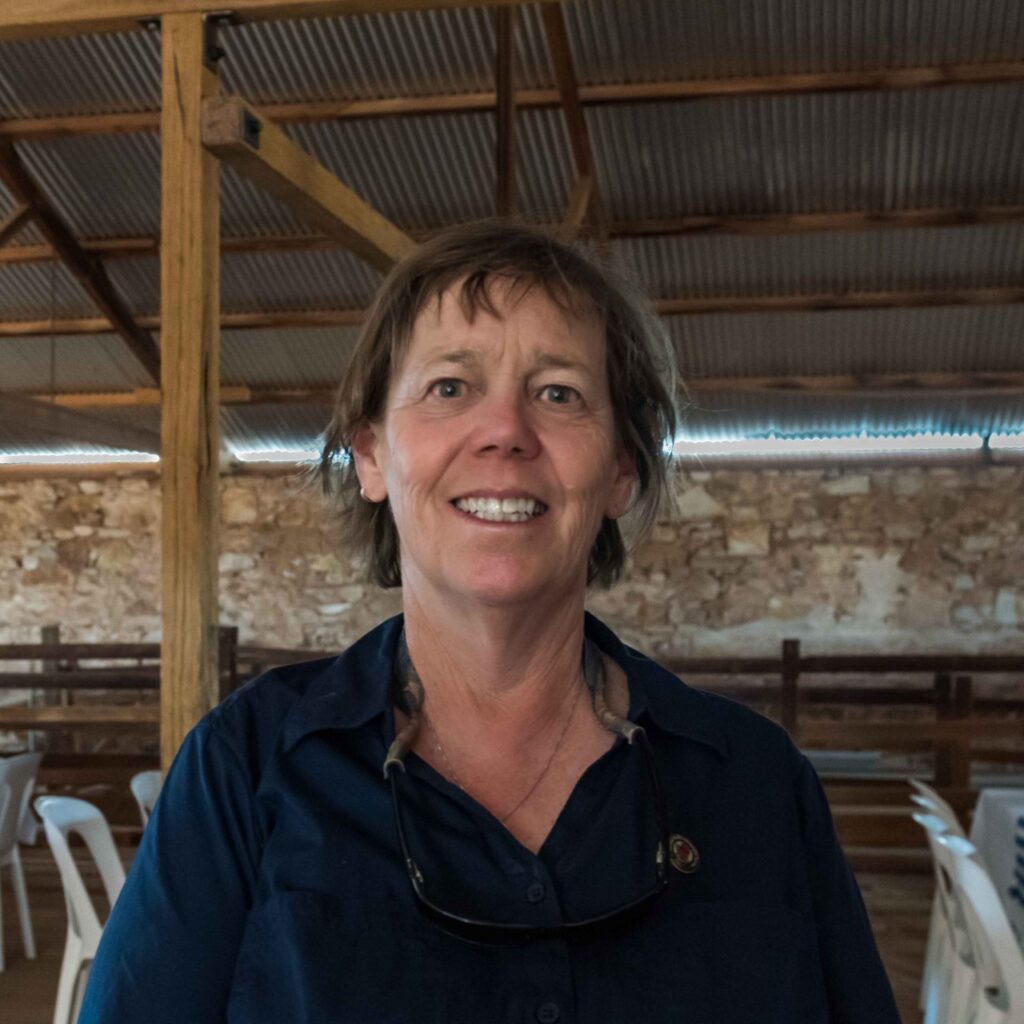
Mary is widely published and regularly contributes to scientific journals.
The University of California Riverside’s Department of Earth and Planetary Sciences focuses on research and education about Earth dynamics and history, planets inside and outside or our solar system, and life in the universe.
Students and faculty investigate geological processes operating at a wide range of spatial and temporal scales and research interests span many disciplines within the Earth and Planetary Sciences.
Mary is very involved in working to increase diversity in the Earth Sciences.
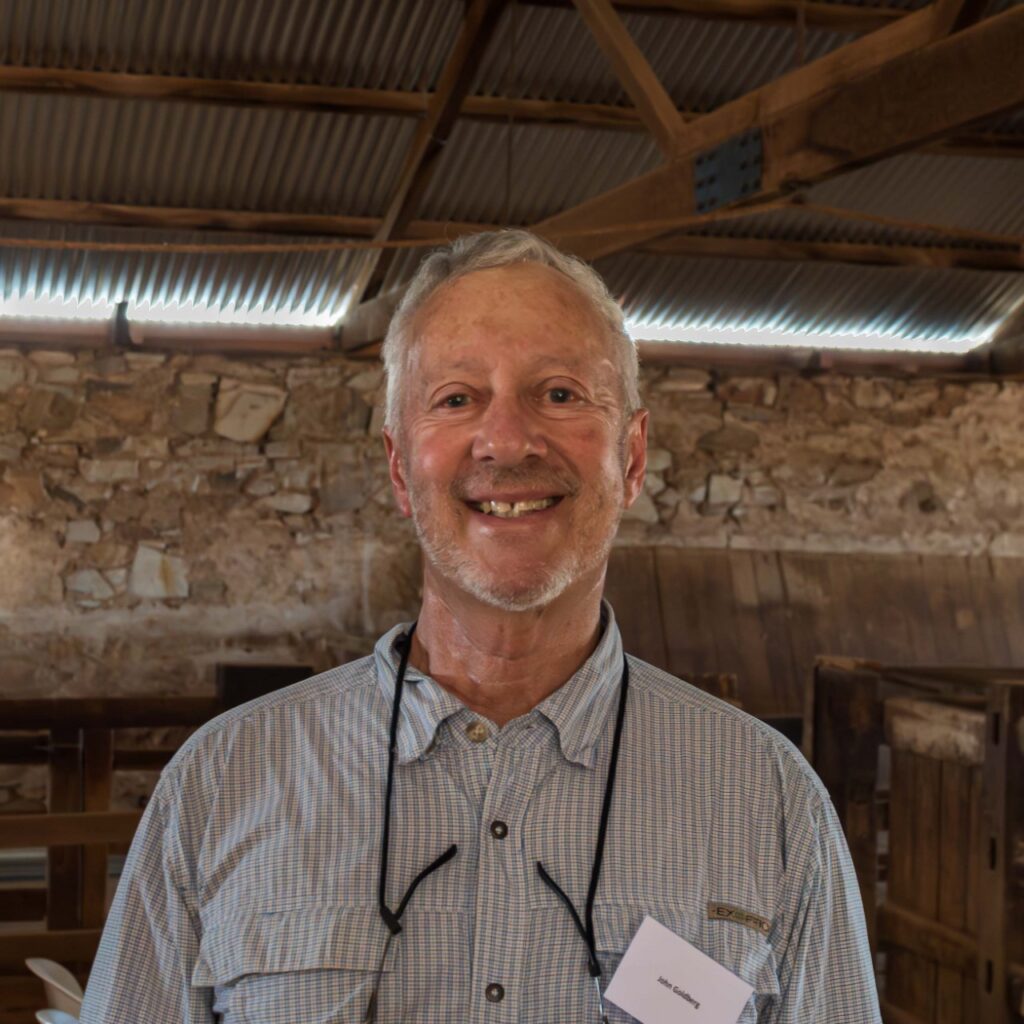
John has acted as a board adviser and as a director on a large number of private companies and also has considerable experience in the not-for-profit sector.
John is a former President of the Law Society of South Australia and chaired the Ethics Committee of the Law Society for more than seven years. He also chaired the Law Society’s Audit and Risk Management Committee and Investment Committee.
Apart from his experience as a lawyer, John is an experienced nature and wildlife photographer.
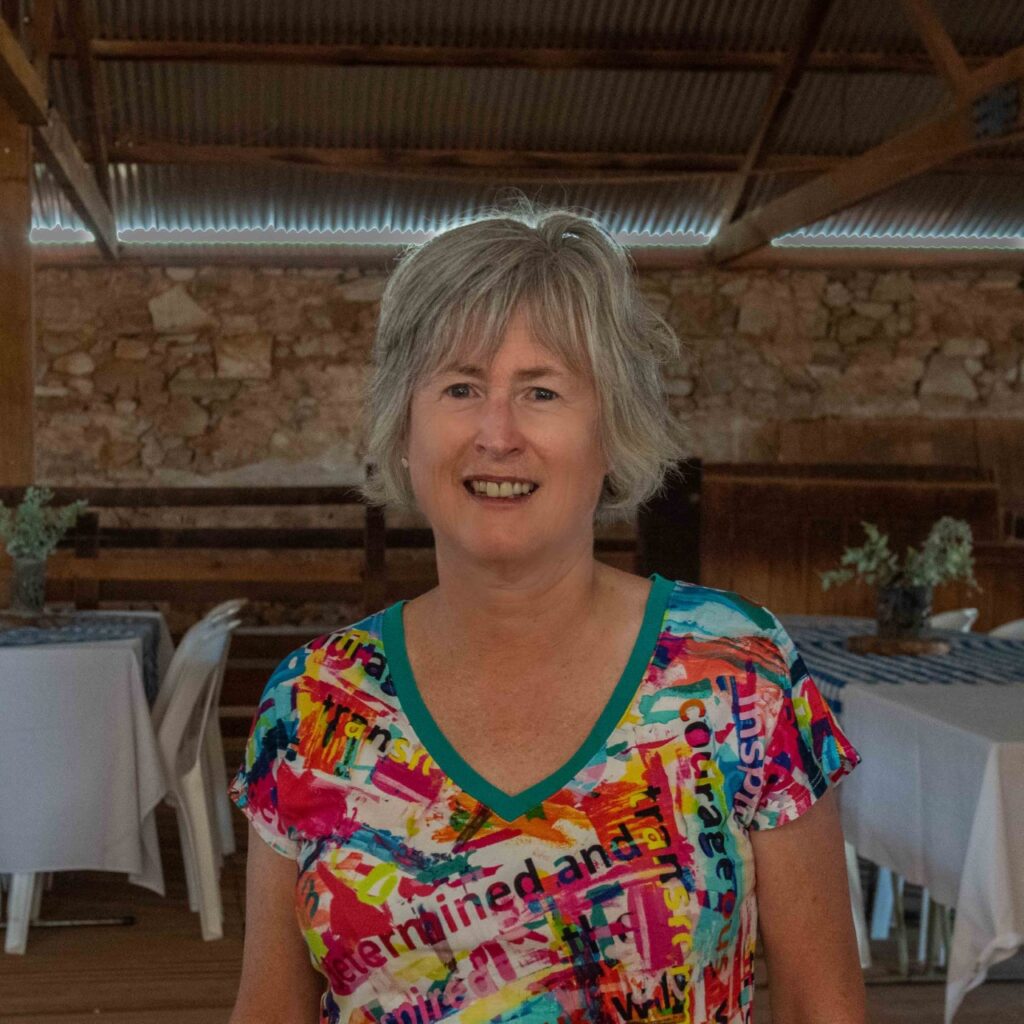
Belinda has provided taxation, accounting and general business services to clients ranging from individuals through to small and medium-sized businesses. During her time with Nexia Edwards Marshall she has also specialised in foreign tax issues and Research and Development Tax Incentive claims. On occasions, Belinda has also provided advice to not-for-profit organisations and assisted with their financial obligations.
Belinda currently works with Nexia Edwards Marshall on a consulting basis, where her focus has shifted to not-for-profit organisations.
Belinda holds a Bachelor of Science in Mathematical Sciences from the University of Adelaide. She is a Fellow of Chartered Accountants Australia and New Zealand.
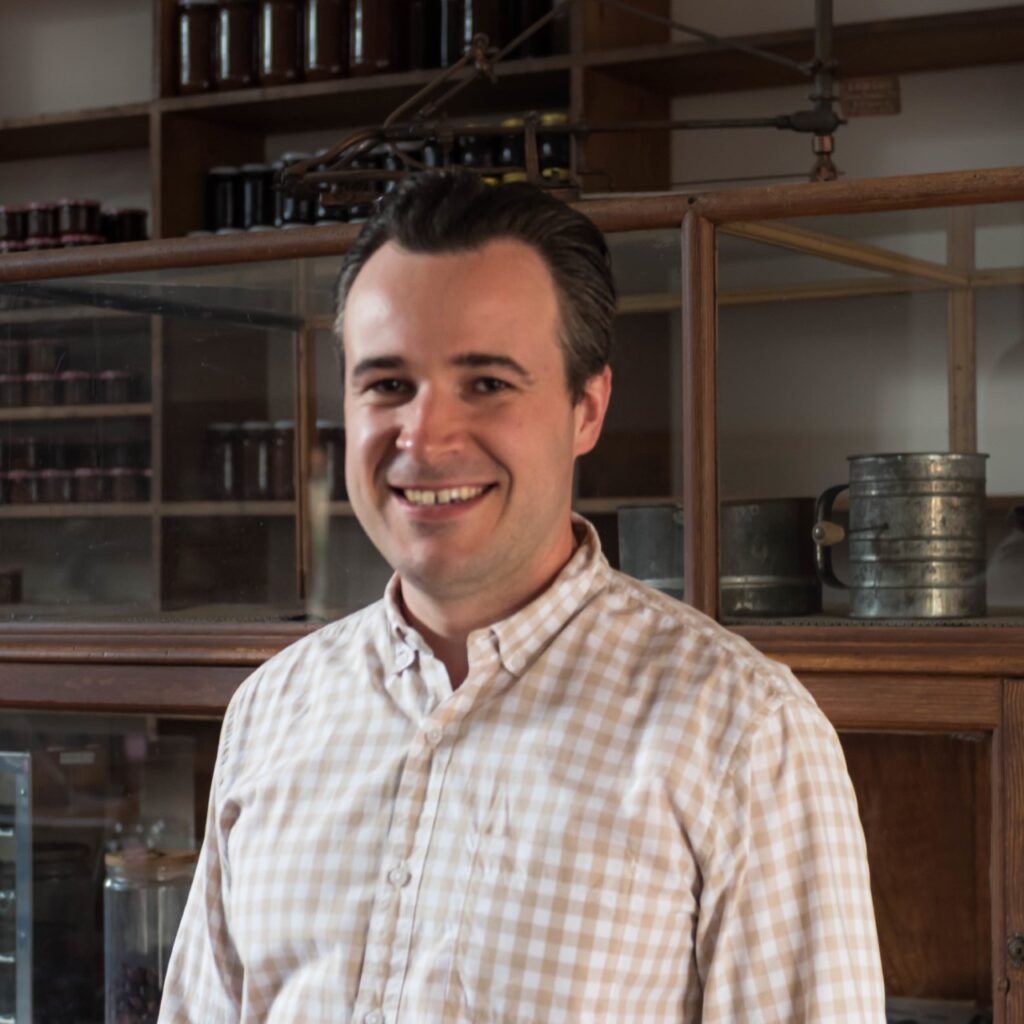
He has also worked in local government in managerial, commercial, and quasi-legal roles and brings a variety of legal, commercial, and governmental experience to the board.
Outside of work Kym enjoys spending time outdoors in South Australia. Whilst now based in Adelaide, Kym lived and worked in Port Augusta for 2 years and retains a deep interest in the Flinders Ranges and its natural and human history.
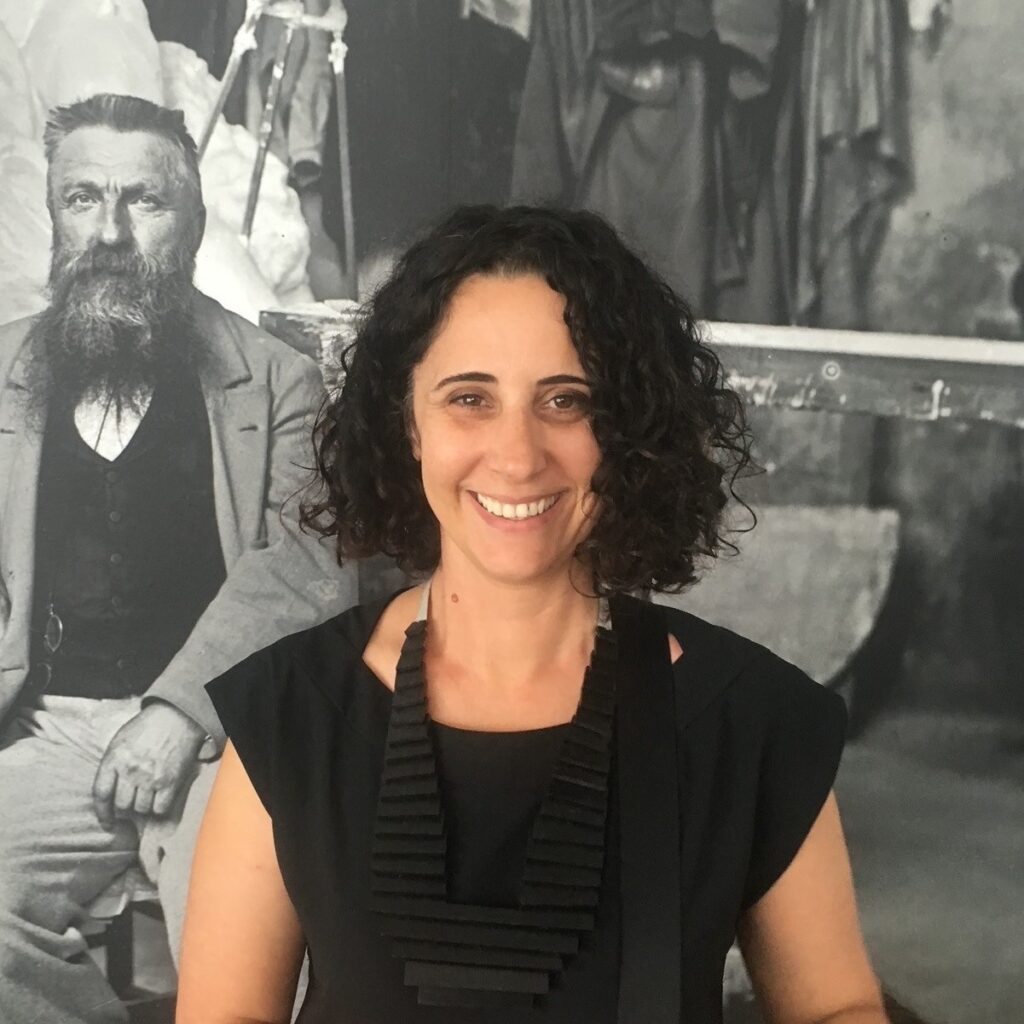
Paola has had an extensive career specialising in the arts and cultural sector. This has included leading large teams at the Adelaide Festival Centre and at the Adelaide Symphony Orchestra and starting up the philanthropic and development function for the History Trust of South Australia.
Since 2021, Paola has been the General Manager, Operations at UKARIA Cultural Centre, a philanthropically funded Chamber Music Venue in the Adelaide Hills.
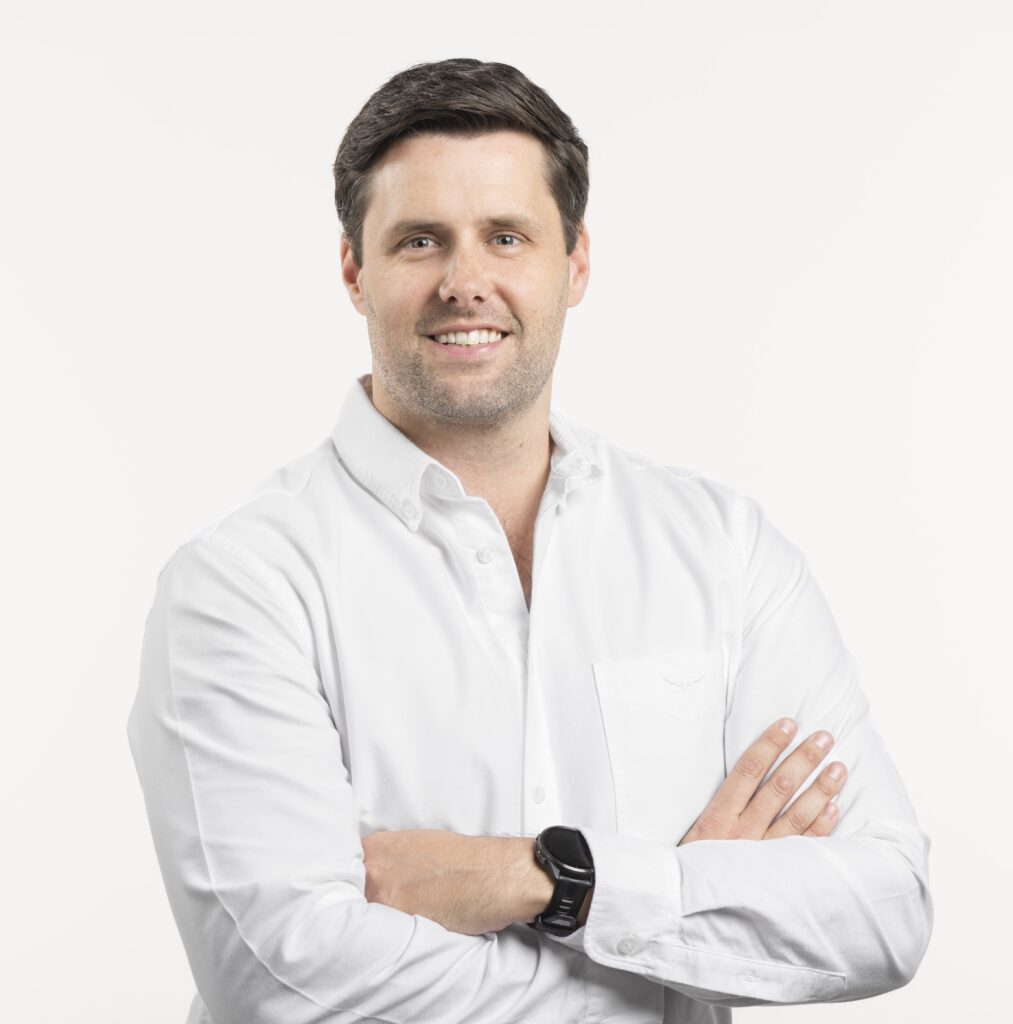
Throughout 13 years’ service to the South Australian Museum, he led governance and engagement between the museum board, its foundation and a range of stakeholders. Ken spearheaded a range of programs including the operational restructuring of the Museum Foundation, as well as the establishment of the State Fossil Emblem, Spriggina Floundersi.
While Chief of Staff to the South Australian Minister for Environment and Water, Ken worked with members of State Cabinet, the Department for Environment and Water and FREF to purchase the land which later became the Nilpena Ediacara National Park. Essential to this work was to secure state funding for park infrastructure and oversight of the MOU between the state and FREF.
Ken is currently working as Head of Corporate Affairs & Marketing at a nation-leading resource recovery and recycling company.
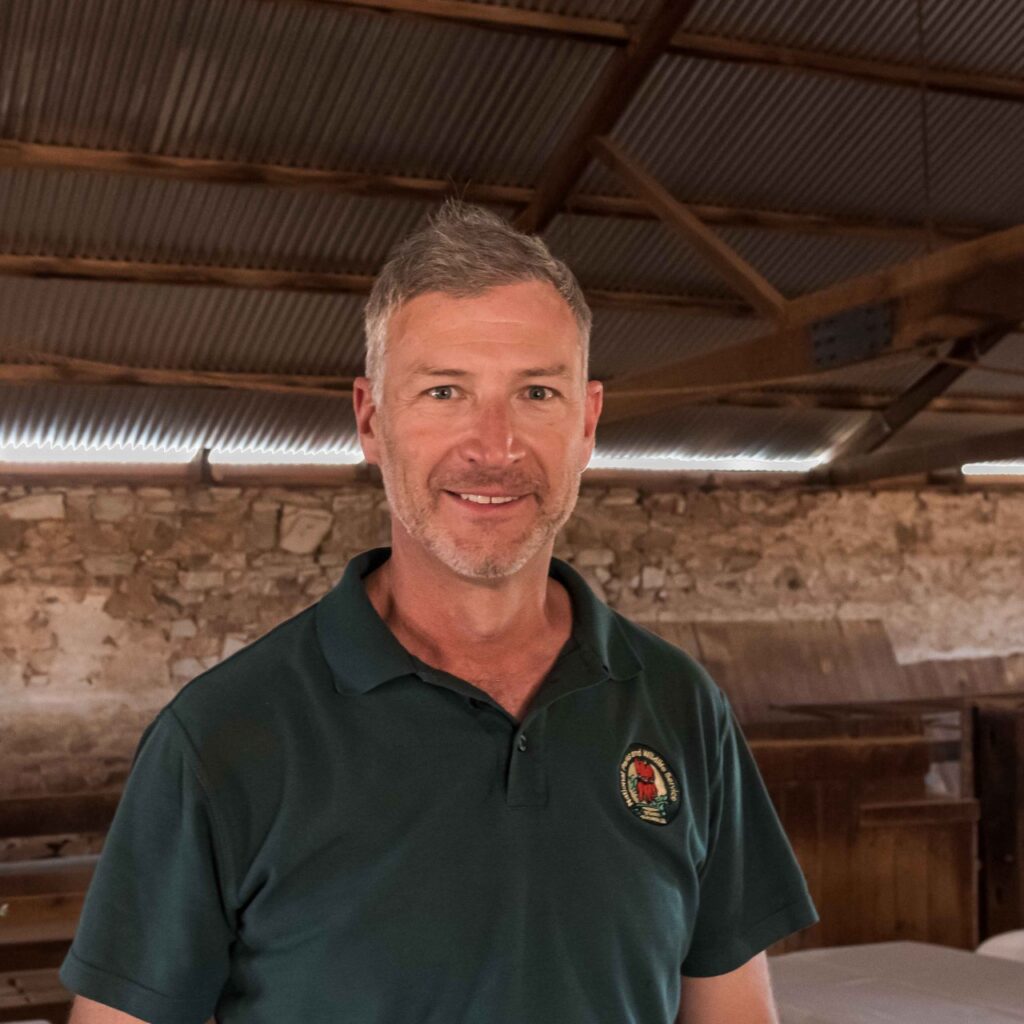
On 1 July 2019, Stuart was engaged as the Director of Regional Operations with the National Parks and Wildlife Service Division of the Department for Environment and Water, SA. In this role, Stuart leads a team of National Parks and Wildlife Managers, Rangers and specialist staff that manage over 360 national parks and reserves across seven regions in South Australia.
Prior to his current role, Stuart was the Department’s Regional Director for the South Australian Arid Lands Region. Based in Port Augusta, he led a diverse team supporting the management of national parks, natural resources, pastoral lands and high profile conservation programs across the Flinders Ranges and outback rangelands of South Australia.
Prior to joining the South Australian Department for Environment and Water in 2013, Stuart worked with the Australian Governments - Parks Australia Division, in roles spanning workforce planning and development, operational management and conservation program delivery, most notably across the World Heritage listed and jointly managed Kakadu and Uluru-Kata Tjuta National Parks.
THE FOUNDATION
The Impact Council
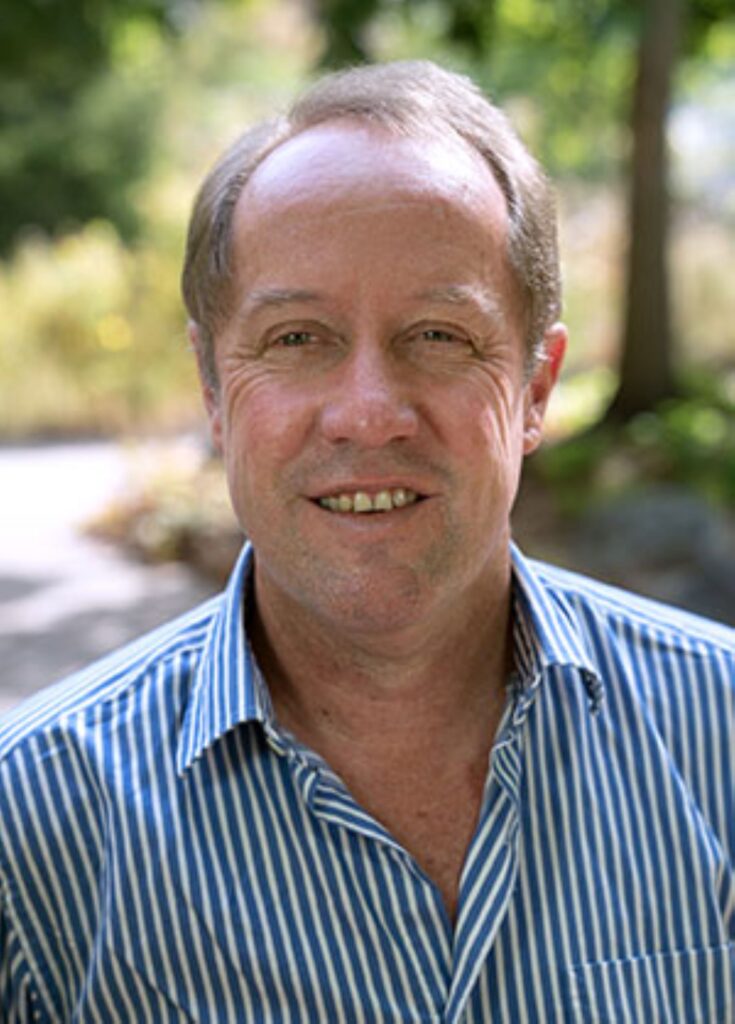
Currently he is Chief Councillor of the Biodiversity Council https://biodiversitycouncil.org.au and Chief Scientist of Accounting for Nature https://www.accountingfornature.org. Most recently he was the global Chief Scientist of The Nature Conservancy and Chief Scientist of Queensland.
Some of his contributions to public policy and conservation outcomes include: Marxan https://en.wikipedia.org/wiki/Marxan, The Brigalow Declaration https://martinemaron.files.wordpress.com/2016/05/2003-brigalow-declaration.pdf, the Threatened Species Index https://tsx.org.au and the Australian Government's biodiversity offsets calculator. He wrote his first angry letter to the newspaper about land-clearing in 1980.
Hugh is a Fellow of the Australian Academy of Science and Foreign Associate of the US National Academy of Sciences.
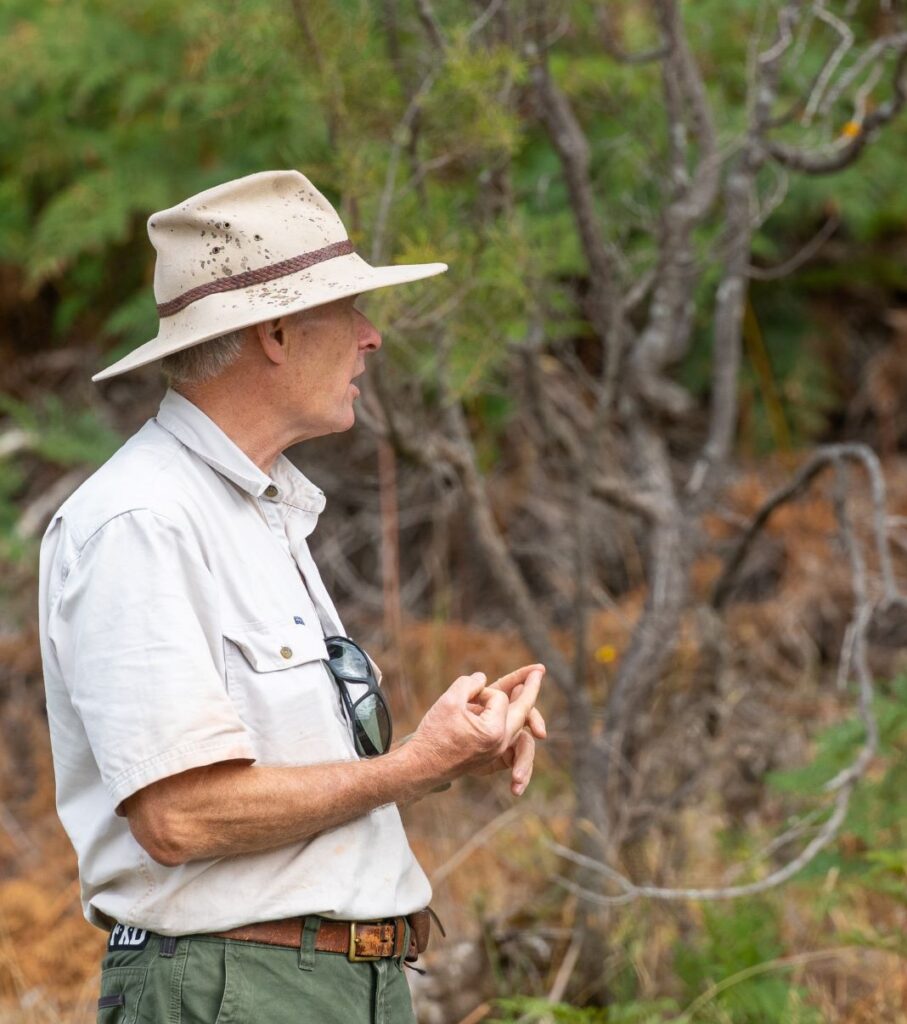
John was part of the small team that conducted the Second Overall Performance Study of the Global Environment Facility. He designed and implemented field evaluations of 45 projects in 6 countries as well as desk reviews of 110 project completion reports. The evaluation, presented to the GEF Council, led to USD3 billion being committed by member countries for the third replenishment of the GEF Trust Fund. He has also supported the development, implementation and evaluation of World Heritage assets in Australia, Romania and Vietnam.
John works extensively with the private sector, bilateral development agencies, the World Bank and Global Environment Facility. Since 2019 John has allocated more of his time to rewilding degraded land in Australia.
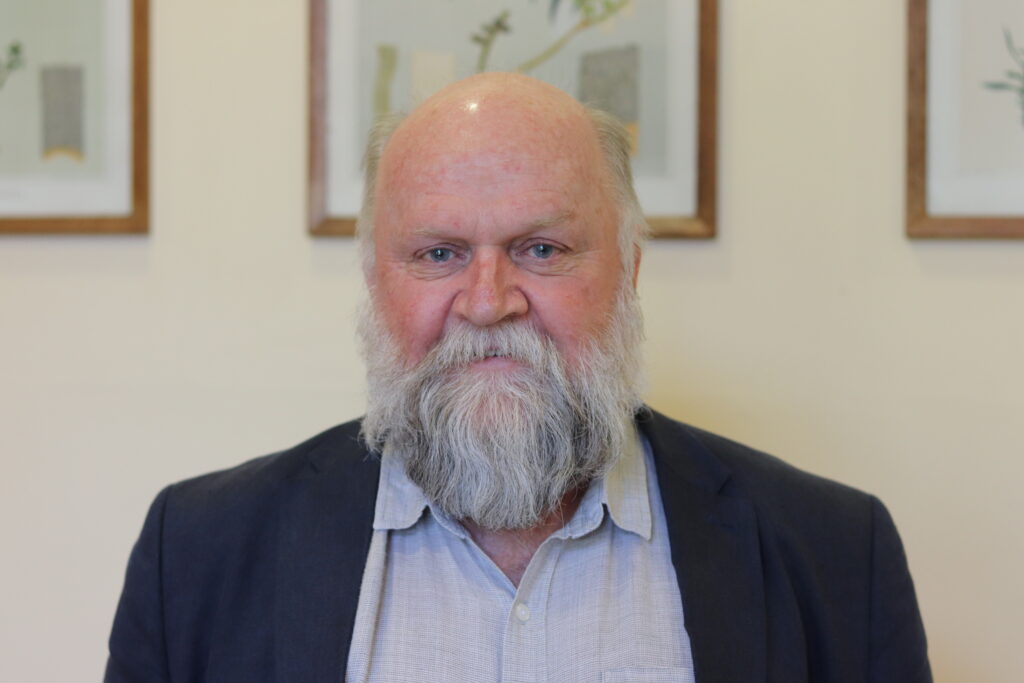
Professor Hill’s research has focused on explaining changes that have occurred to the Australian flora and vegetation through evolutionary time, including a strong focus on how our vegetation evolved to the increasing influence of fire over tens of millions of years. He has been awarded the Clarke Medal from the Royal Society of NSW and the Burbidge Medal from the Australian Systematic Botany Society for his research on the evolution of the Australian vegetation.
He has published more than 200 refereed journal papers, 35 book chapters, several symposium papers and has edited four books.
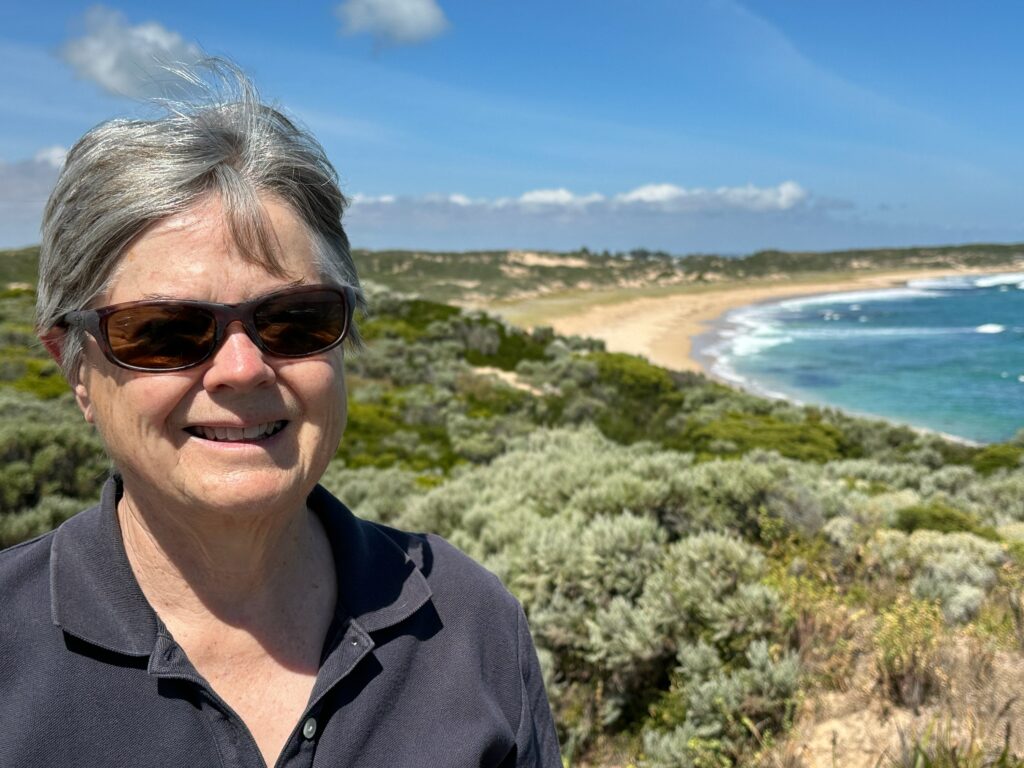
Prior to that, Ann spent 19 years as a judge, retiring from the South Australian Supreme Court in 2019. Appointment to the bench followed periods as a Queen‘s Counsel practising at the Independent Bar, a prosecutor, including years as Deputy Director of Public Prosecutions and Deputy Crown Prosecutor, and, at the outset of her career, a solicitor in private practice.
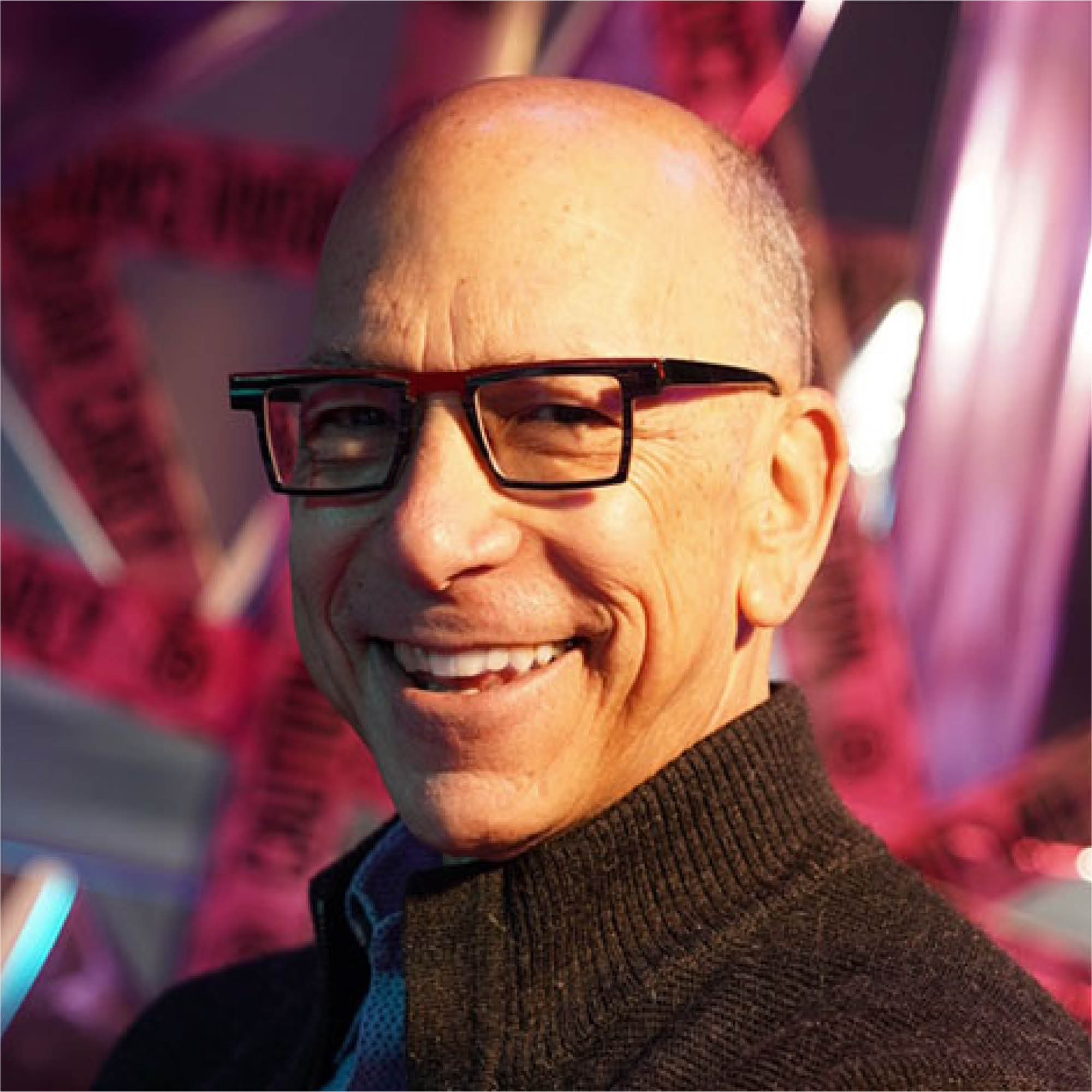
IN HONOUR OF
Chris Meyer
1948-2020
Our website is dedicated to our visionary director.
Thank you and acknowledgements
The Flinders Ranges Ediacara Foundation acknowledges these people for images used in the website:
- Diego Garcia-Bellido
- James Fitzroy
- John Goldberg
- Jason Irving
- Mary Lou Simpson
- Mary Droser
- Lyndal Redman




